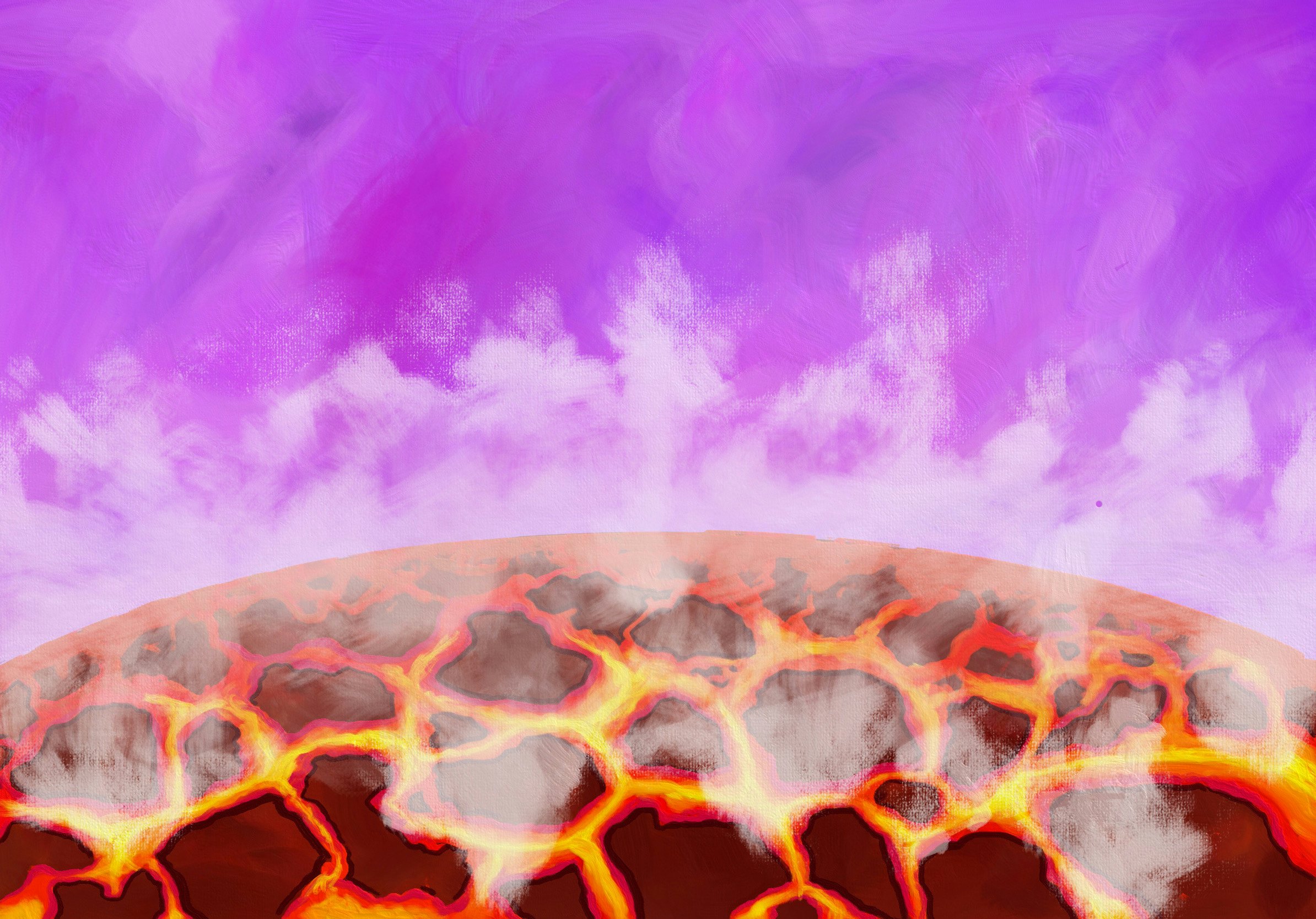
There are few Earthly pleasures like a relaxing beach day. But as it turns out, our planet may not be the only one that’s home to soothing sand and waves.
Earth-like exoplanets with oceans, continents, and beaches along the boundaries may be far more common than researchers once thought, according to new simulations published in the journal Nature Astronomy.
What’s new — Red dwarfs, the oldest and most common stars in the universe, are surrounded by exoplanets that can theoretically host liquid water on their surface because temperatures are just right.
Past studies claimed that beach-friendly planets are super rare, even around red dwarfs: Most end up containing too much or too little water because they form from rocky materials with varying levels of water content, researchers thought. And without enough of a balance between land and sea, beaches simply aren’t possible.
But a sizable portion of Earth-like planets around red dwarfs could actually contain enough water to make for scenic shores, according to numerical simulations created by Tadahiro Kimura from the University of Tokyo and Masahiro Ikoma from the National Astronomical Observatory of Japan.

What the math said — The scientists realized that their simulations needed to account for the water produced by interactions between the molten surface of a young planet and its early atmosphere. As a result, they estimate a wide range of water content between exoplanets.
In fact, their findings suggest that exoplanet survey missions, such as NASA’s TESS and the European Space Agency’s PLATO, could catch multiple examples of Earth-like exoplanets with beaches within this decade.
On the horizon ...

In a recent study published in the journal Frontiers in Robotics and AI, researchers designed a new AI system to detect peoples’ laughs, decide whether to giggle in response, and choose the type of laugh that’s appropriate for the context. This new design might help liven up chats between people and robots in an increasingly digital world.
Previously, scientists have struggled to make robots laugh — a crucial step that some experts feel could foster a genuine, empathetic relationship between humans and humanoids. Now, Kyoto University scientists have created what they call a shared-laughter system that they hope to eventually program into talking robots.
The team is currently working on incorporating the AI system into the ERICA android, along with other conversational robots they’re tinkering with in their lab.
Based on current technological progress, it could take up to two decades for humans to enjoy a bona fide conversation with robots, says study author Divesh Lala, a researcher who studies conversational robots at Kyoto University in Japan.
Besides the laughter component, machines also need to improve on skills like eye contact, taking turns talking, and showing interest in the other speaker.
“I think progress is incremental, but we still have a bit to do before we can all human-robot conversation a solved problem,” he says.
Read the full story to find out more.
Here’s what else we’re reading...
- This 100 percent solar community braved Hurricane Ian with minor damage (and no loss of power) CNN has the info.
- Offshore wind sites could house edible seaweed farms. At least, that’s the plan in Sweden, according to Electrek.
- John Deere wants to make farming fully autonomous by 2030. CNBC digs in.
- The country’s first wind-solar-battery “hybrid” plant opens in Oregon. The project can power a small city (and generates more than half of the power of Oregon’s last coal plant), The Associated Press reports.
- A new treatment could repair spinal cord injuries. Fierce Biotech takes a look.







